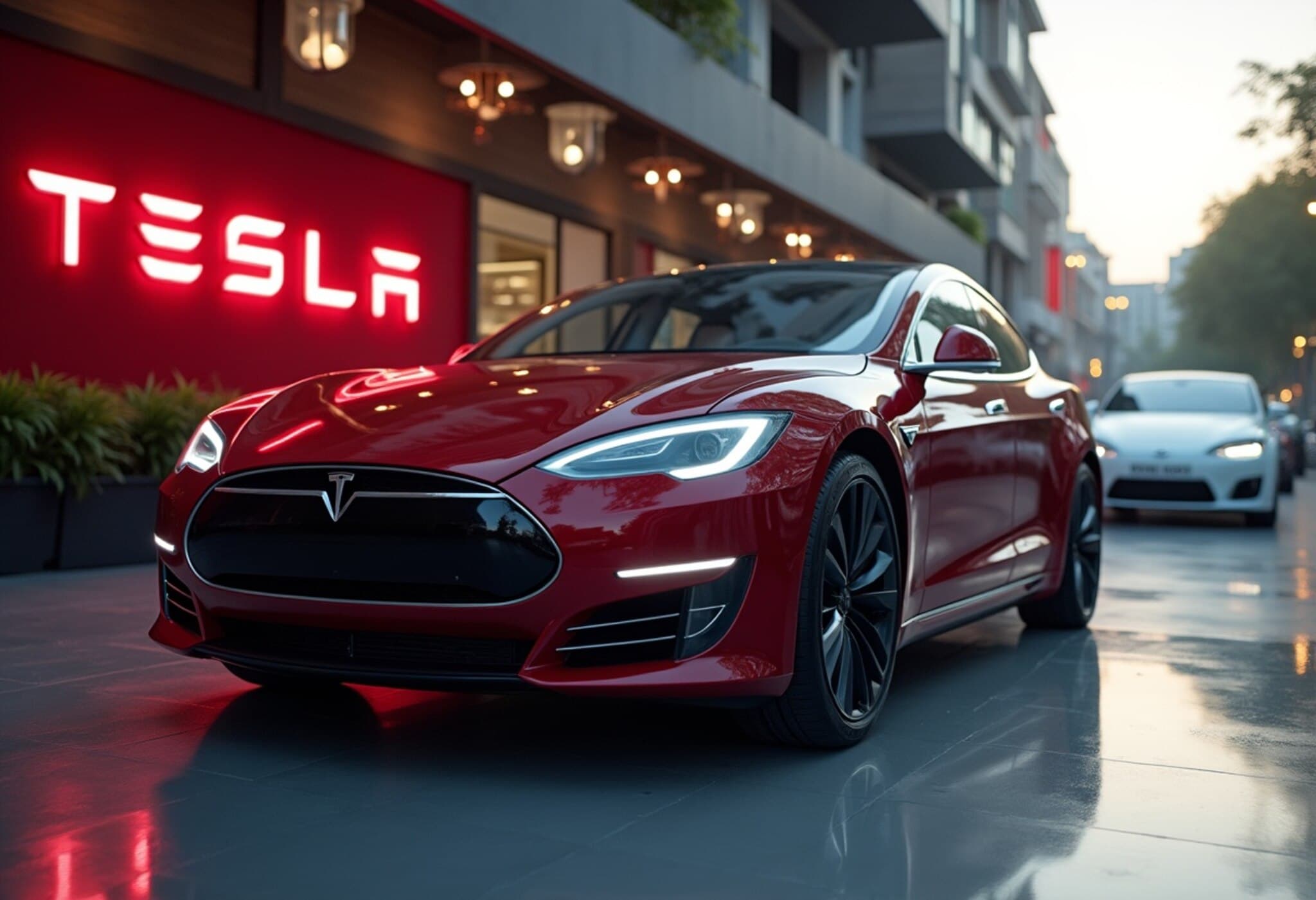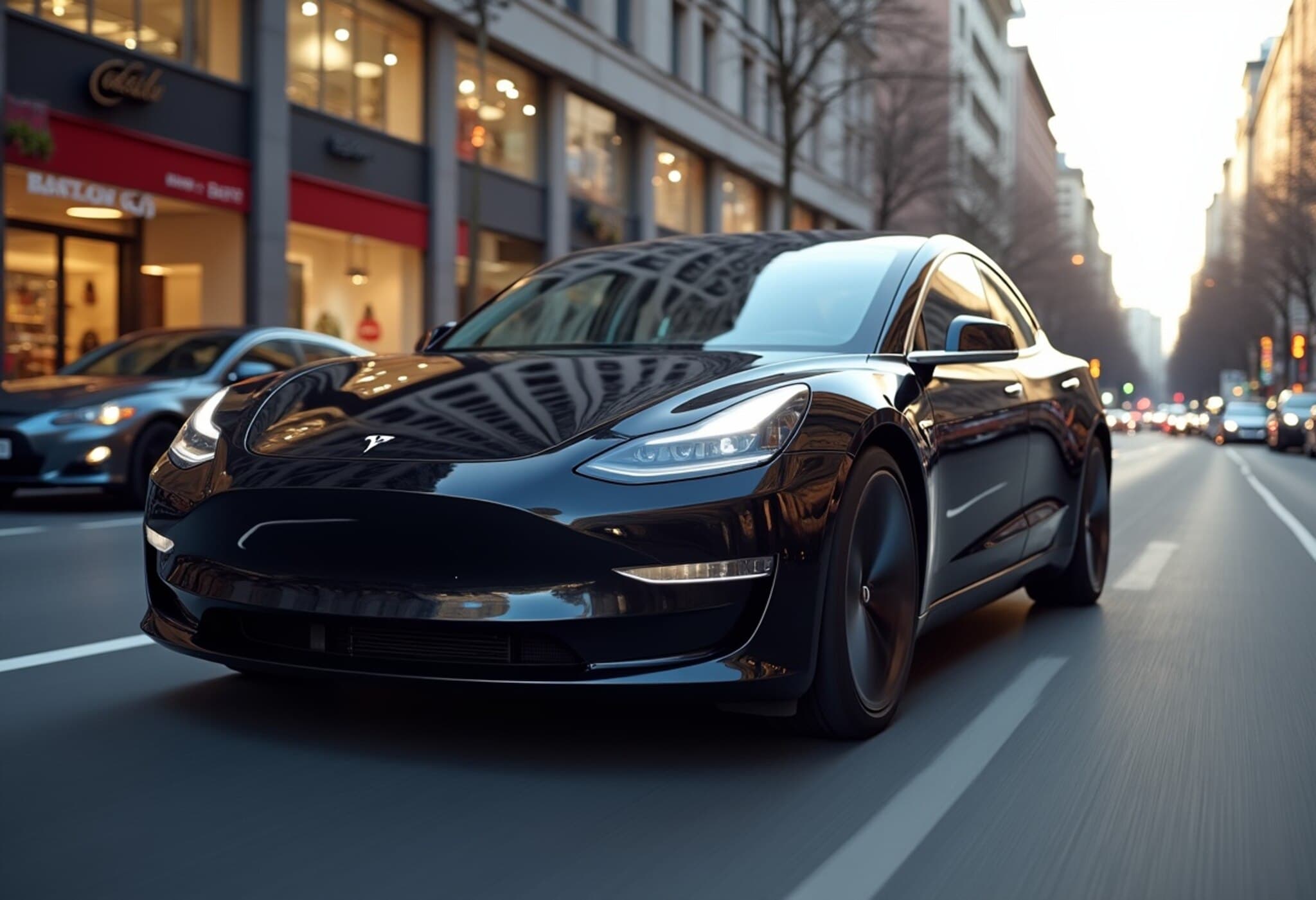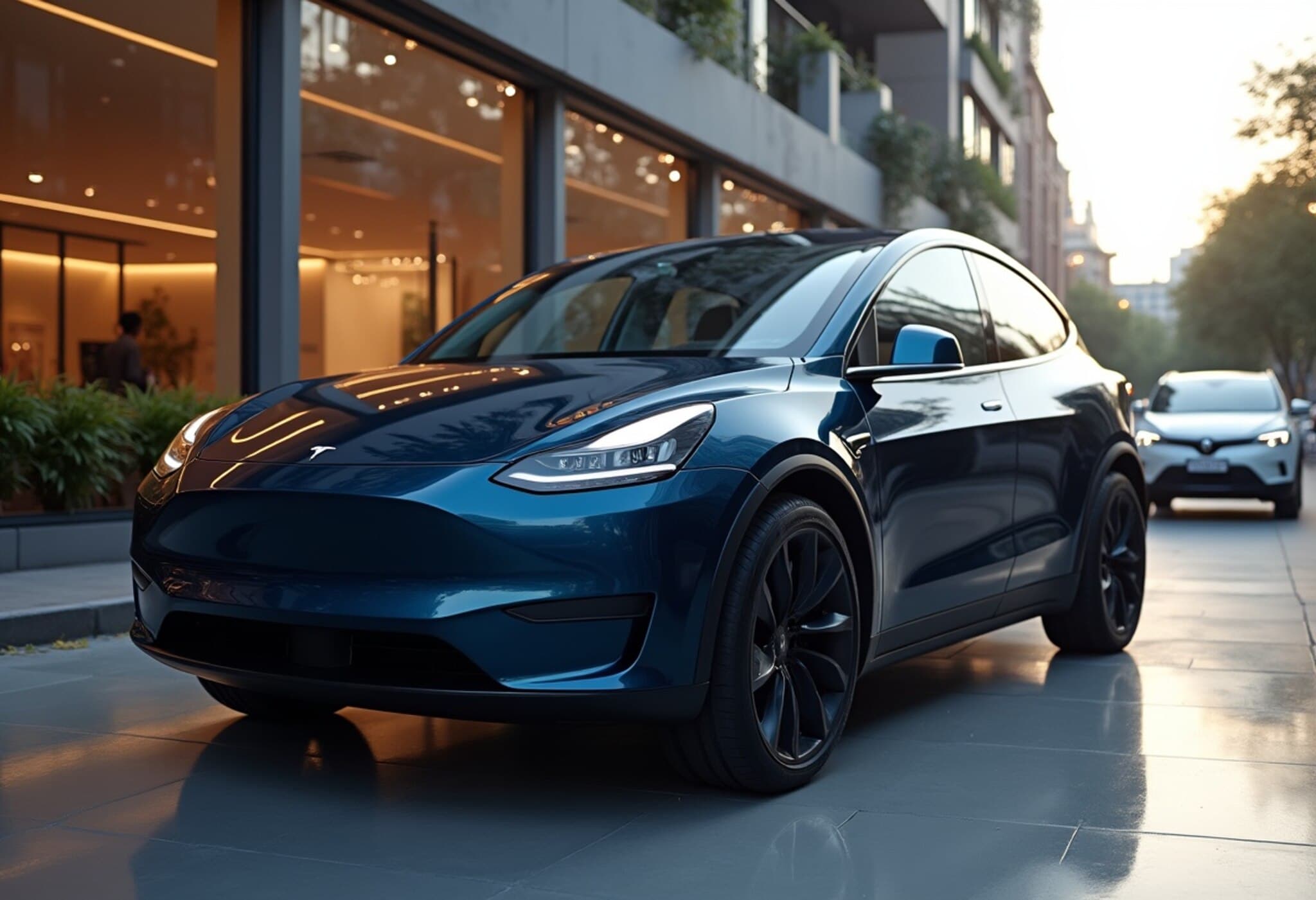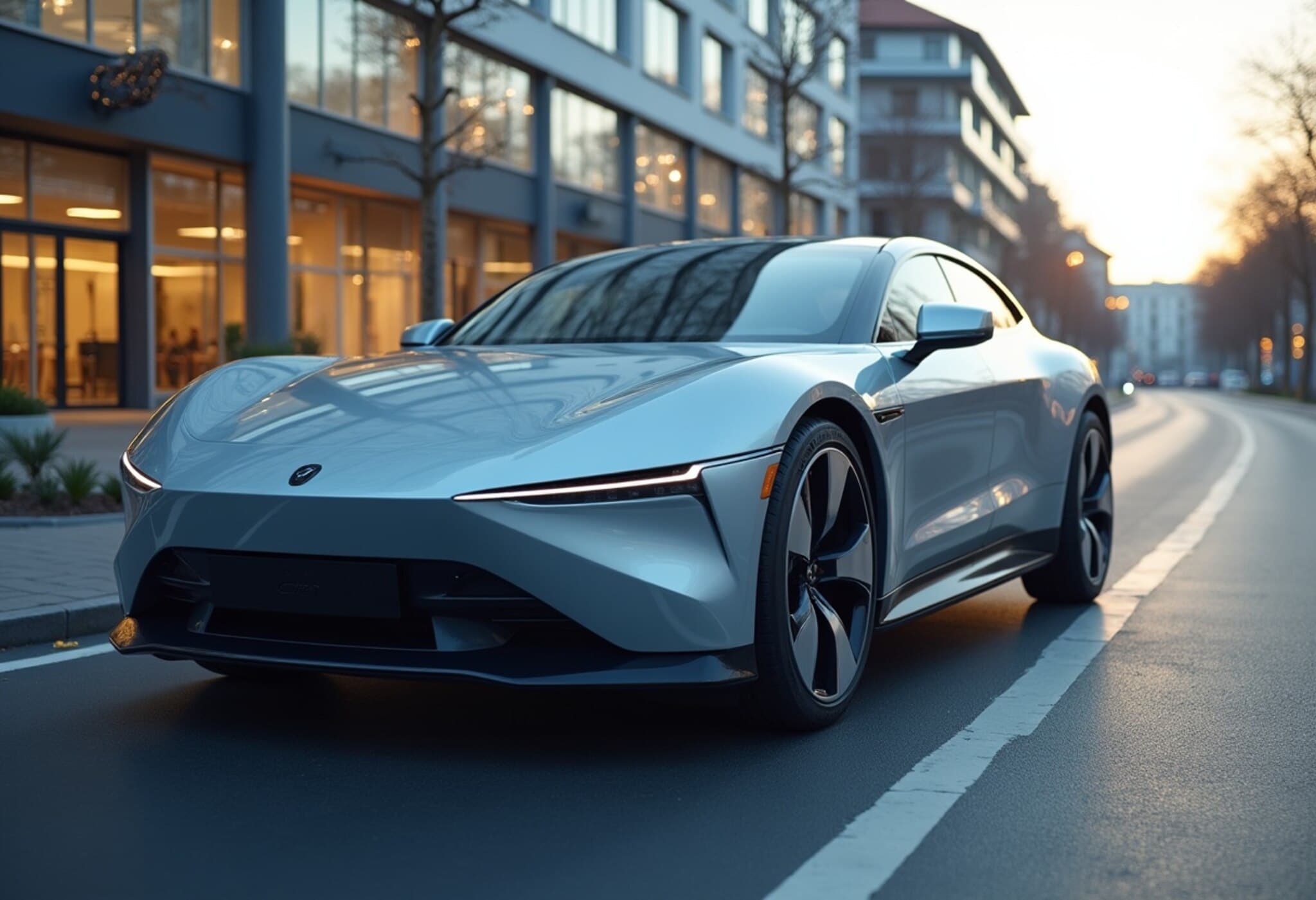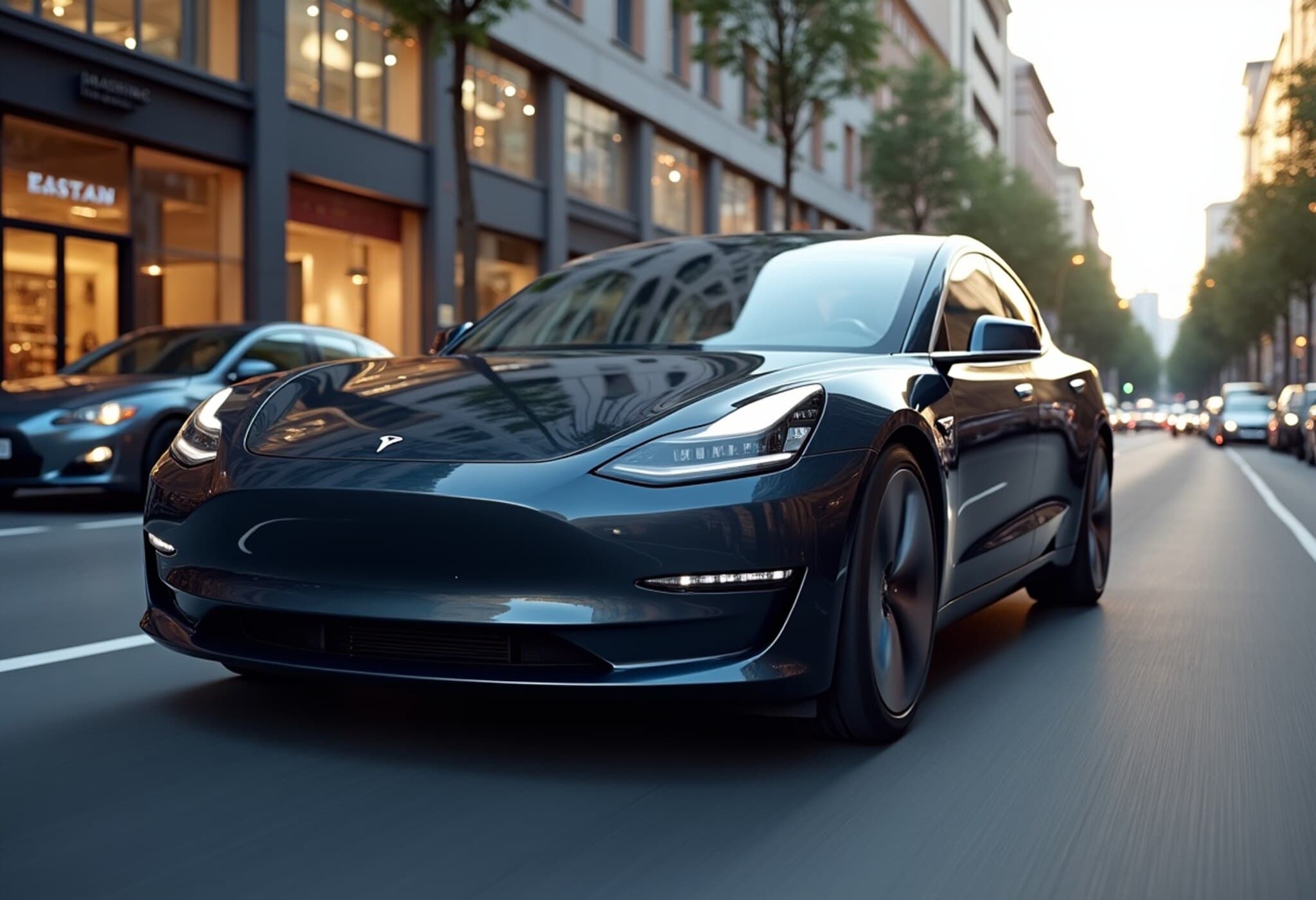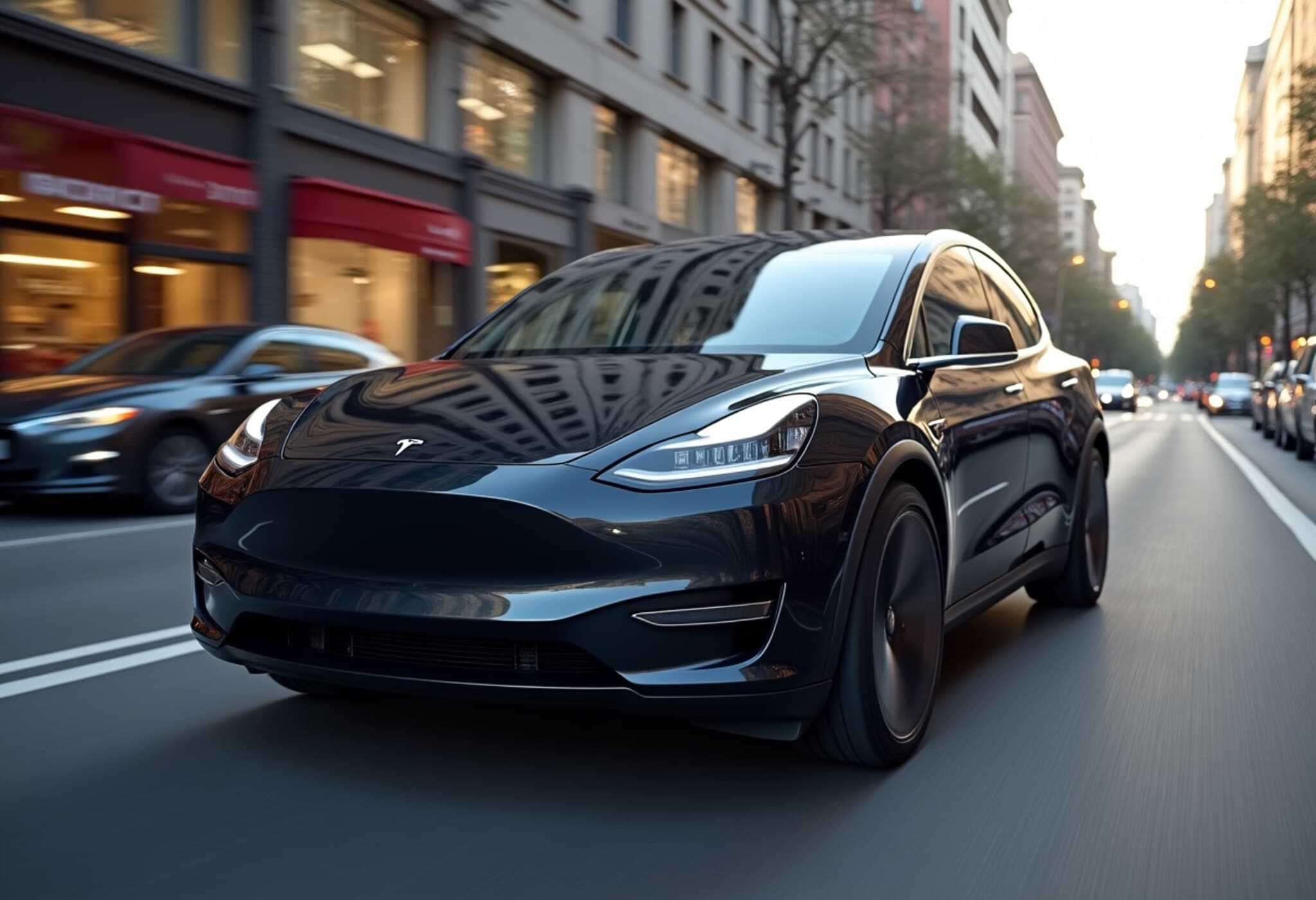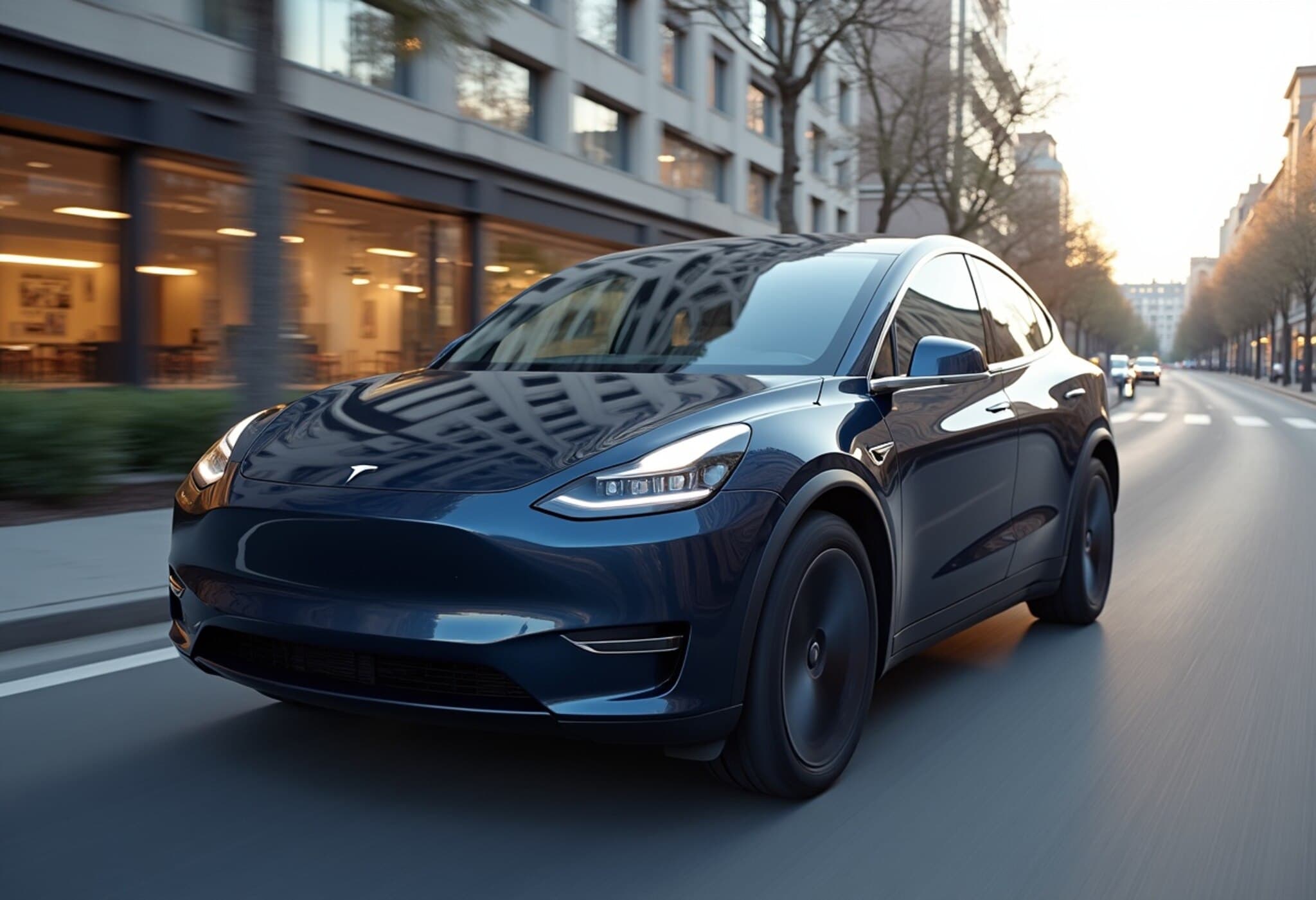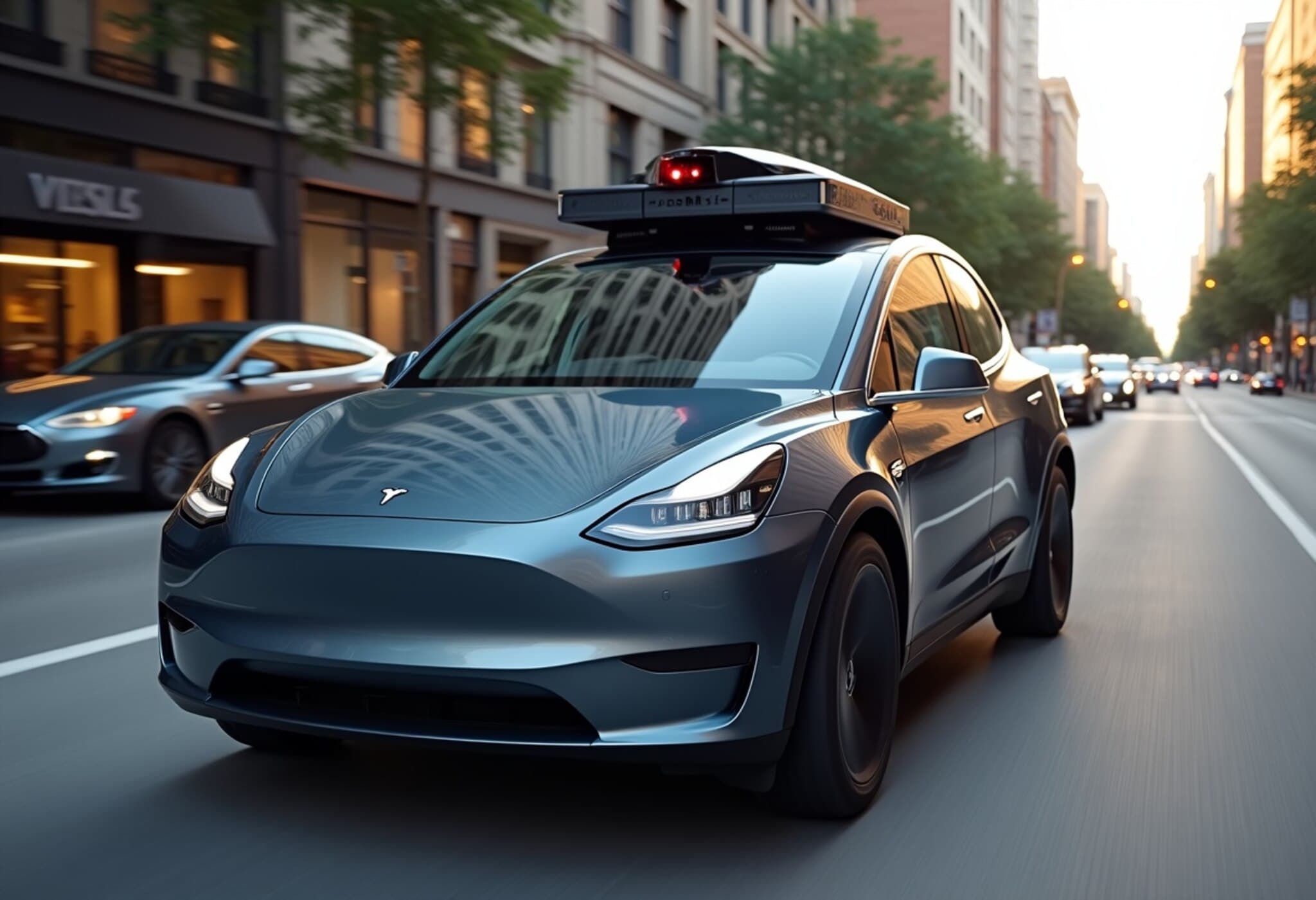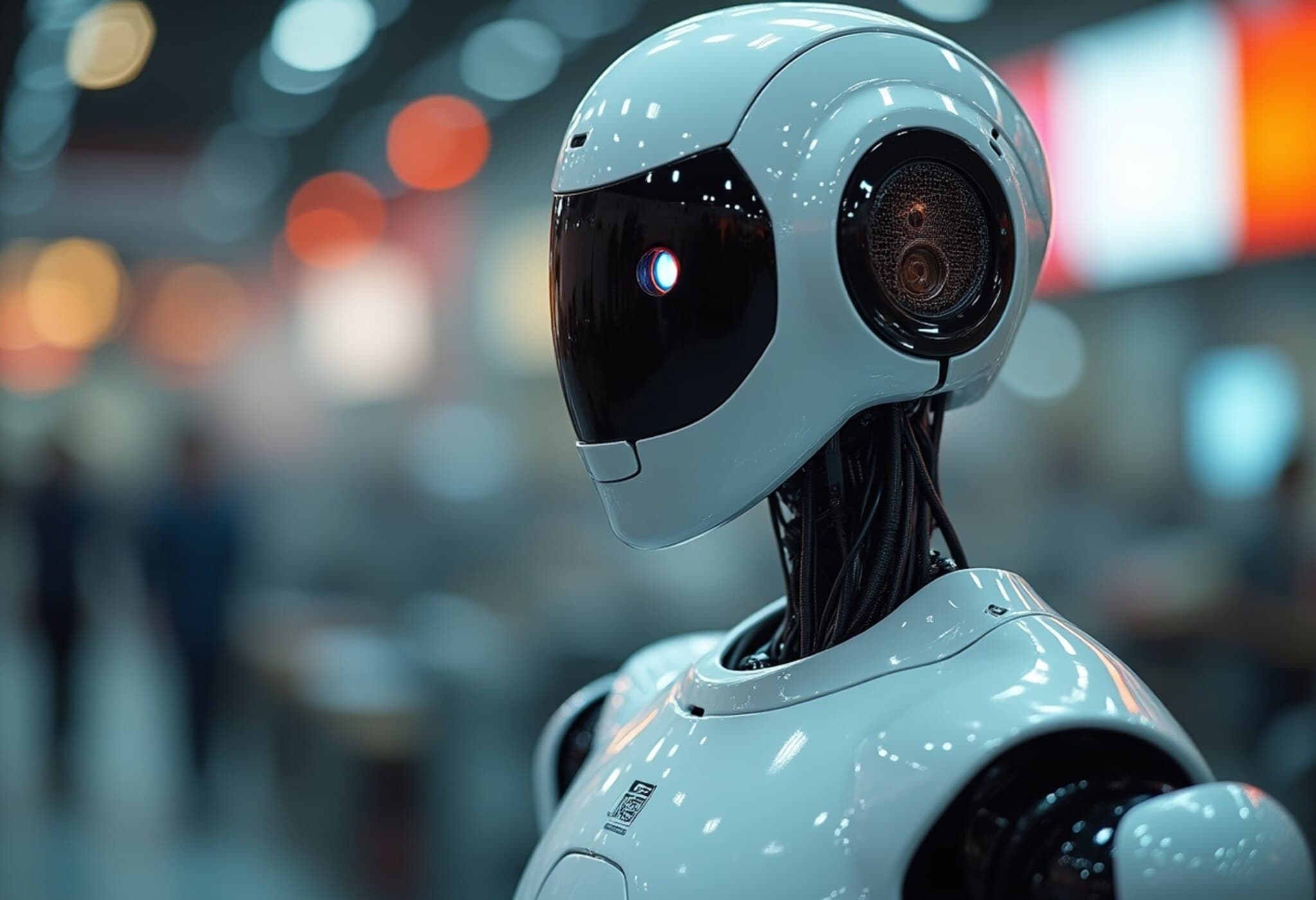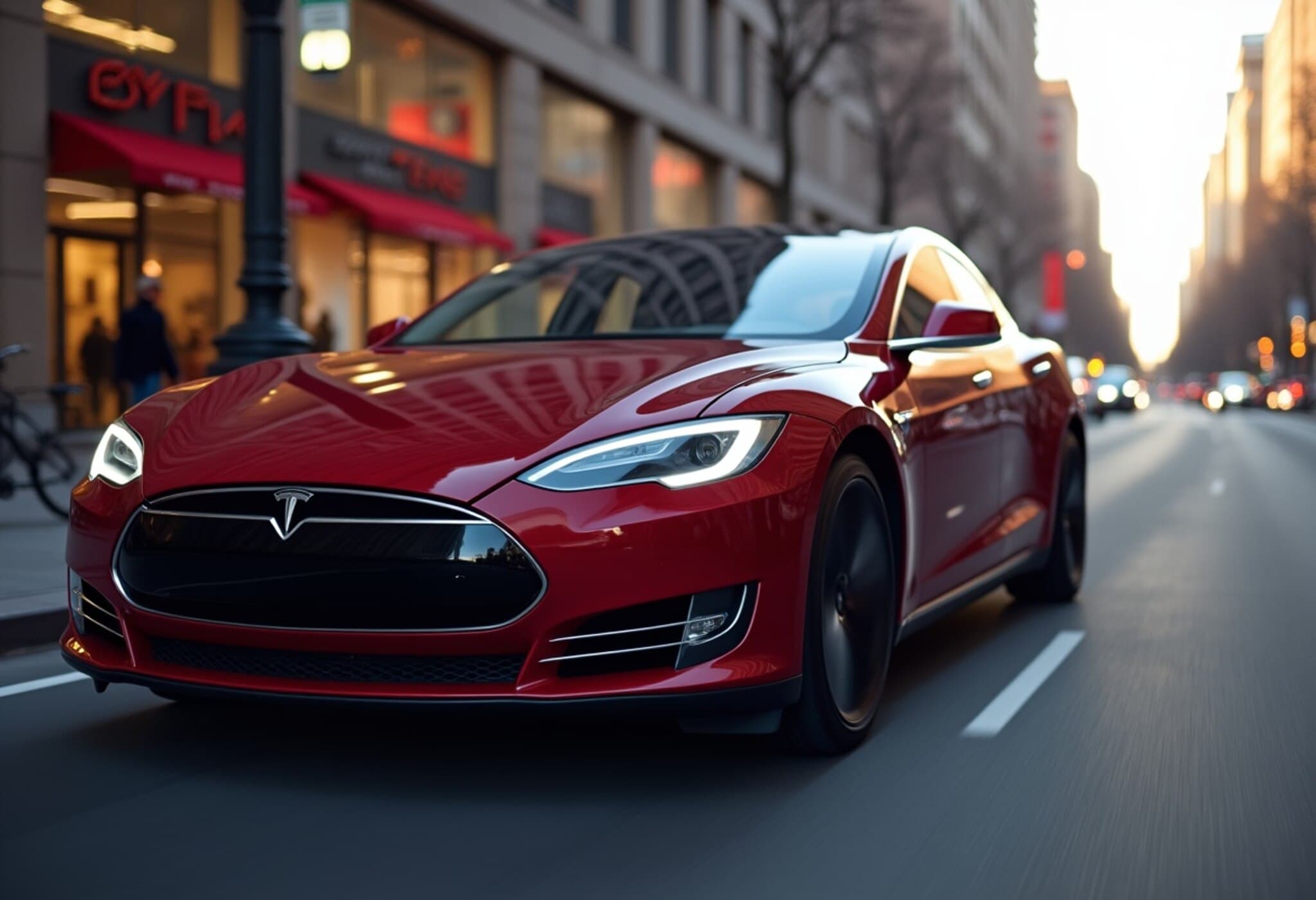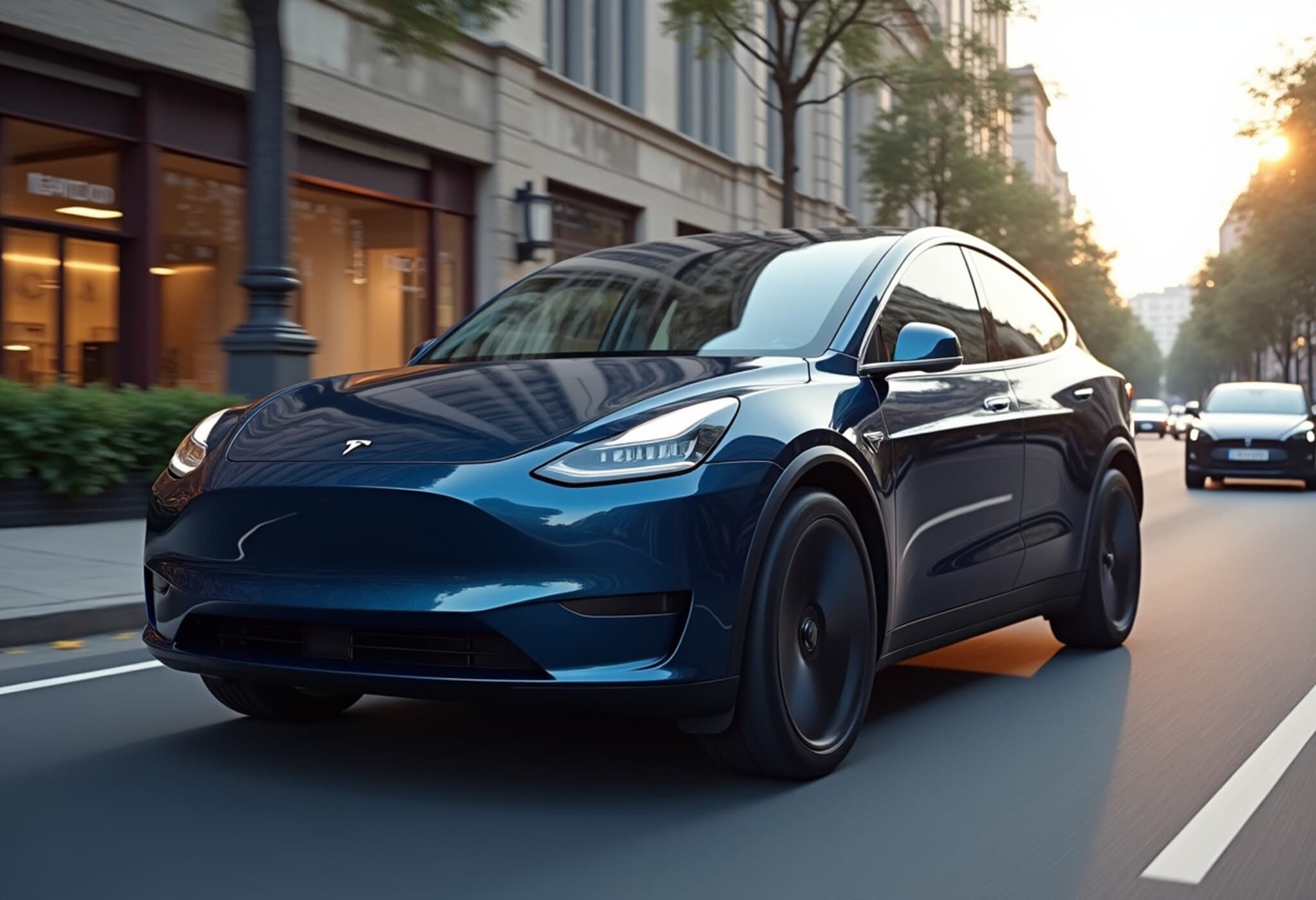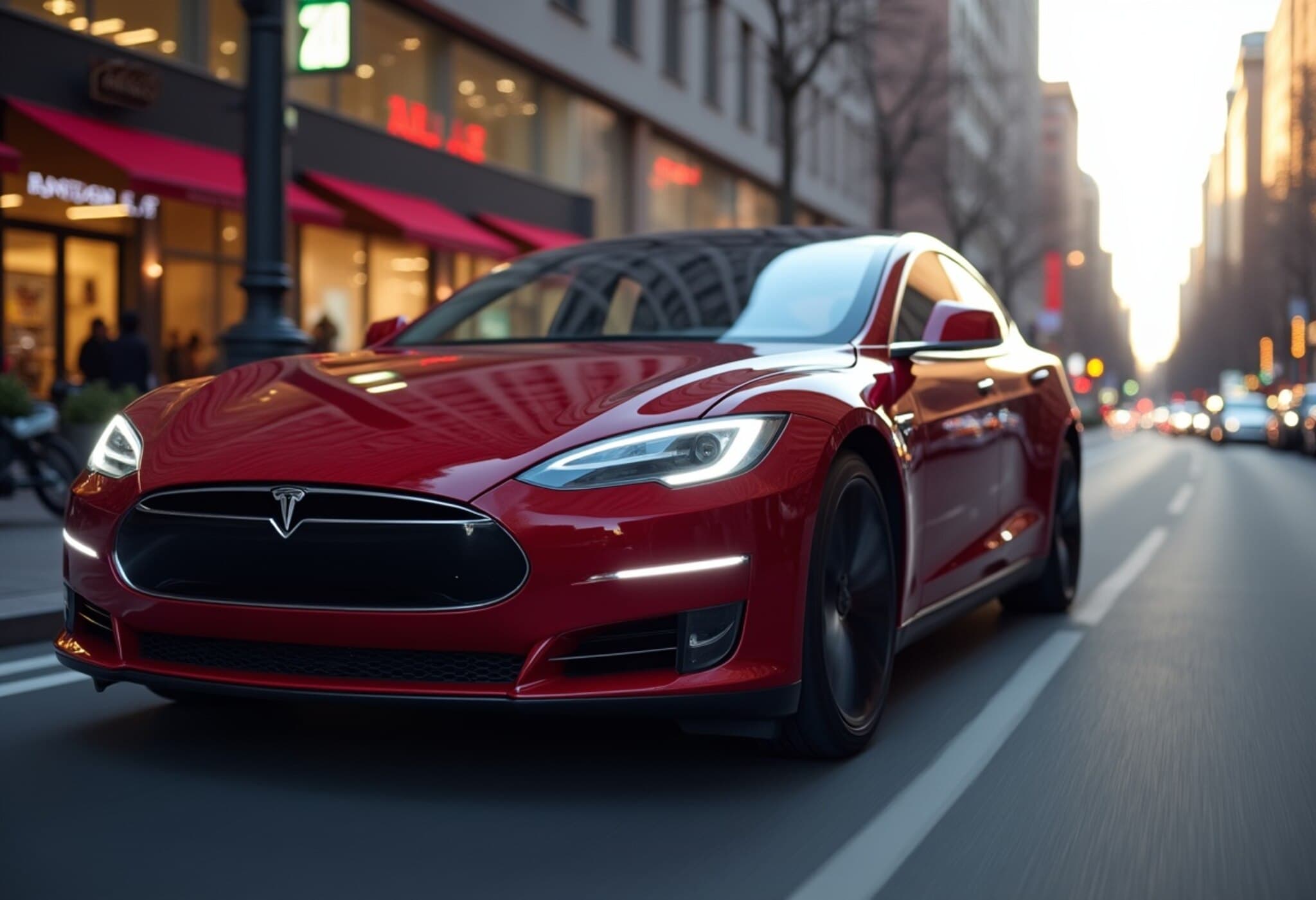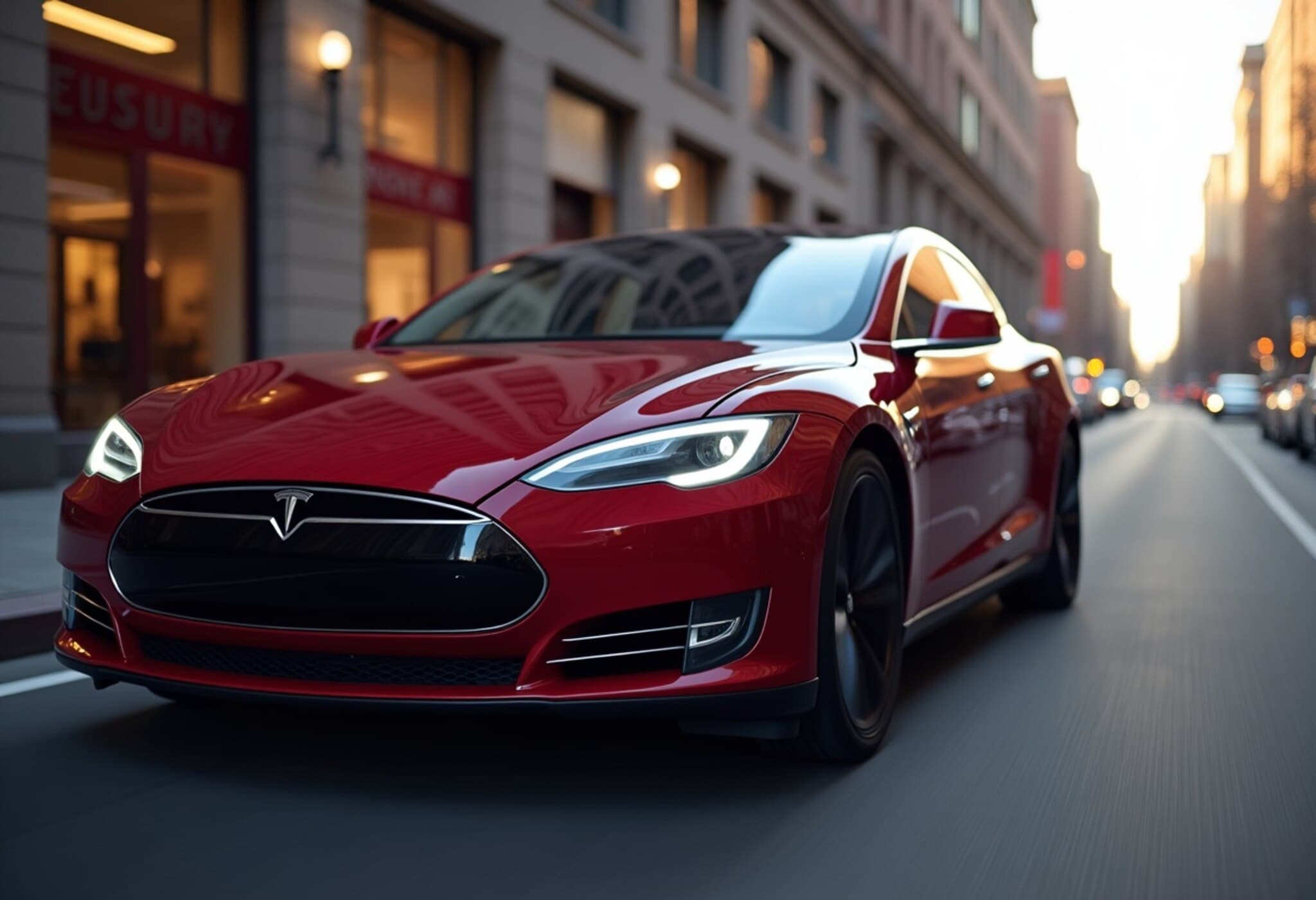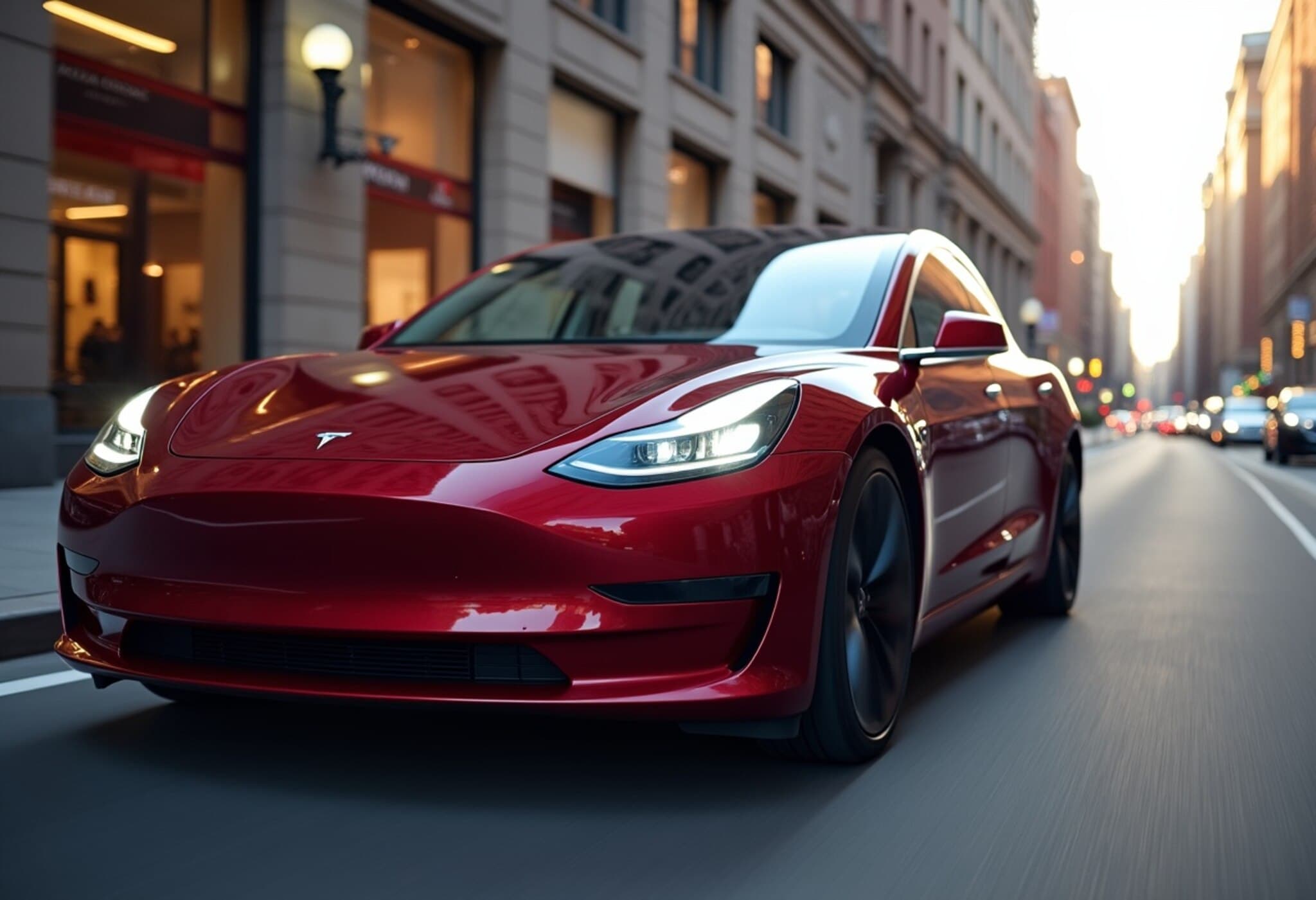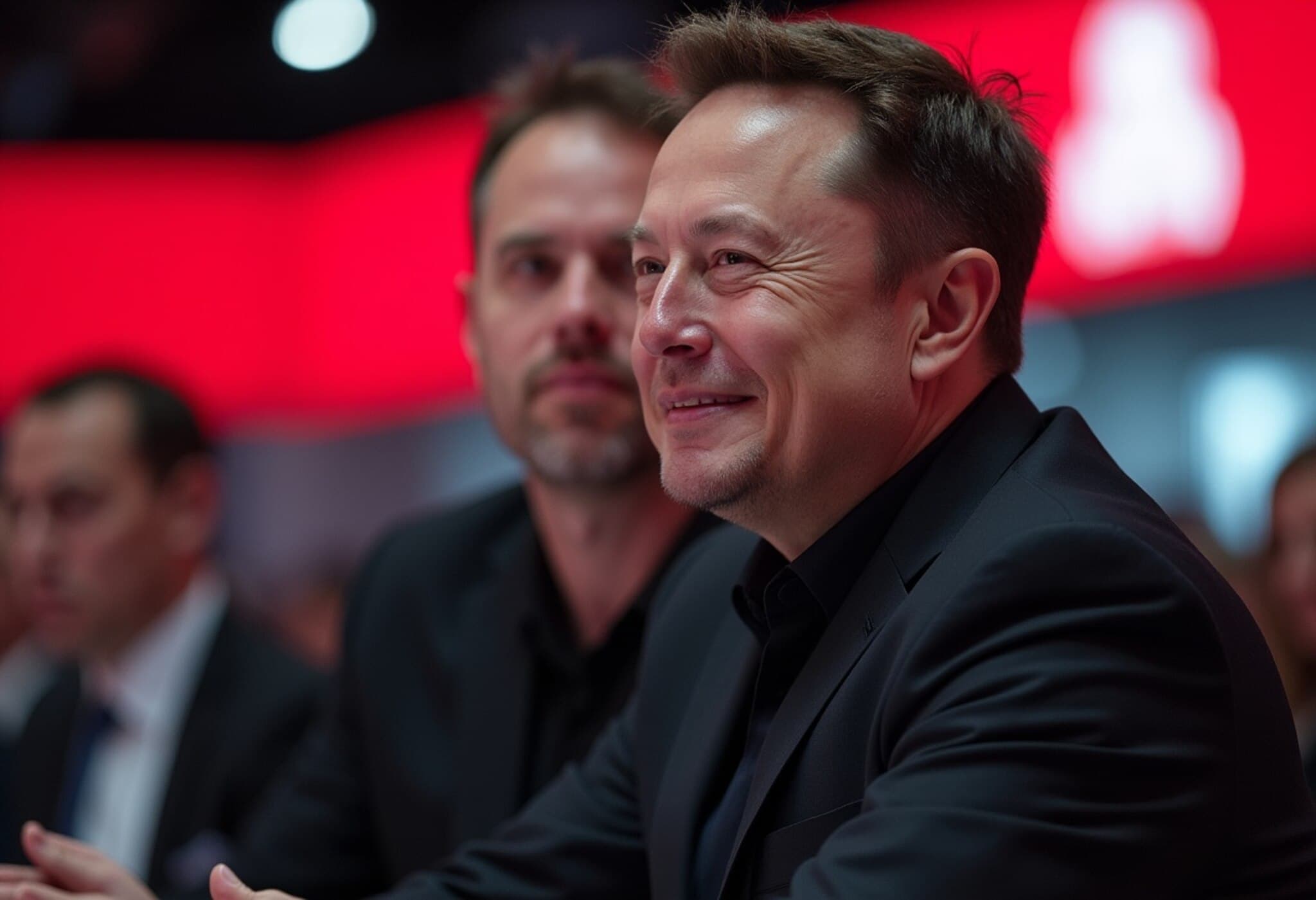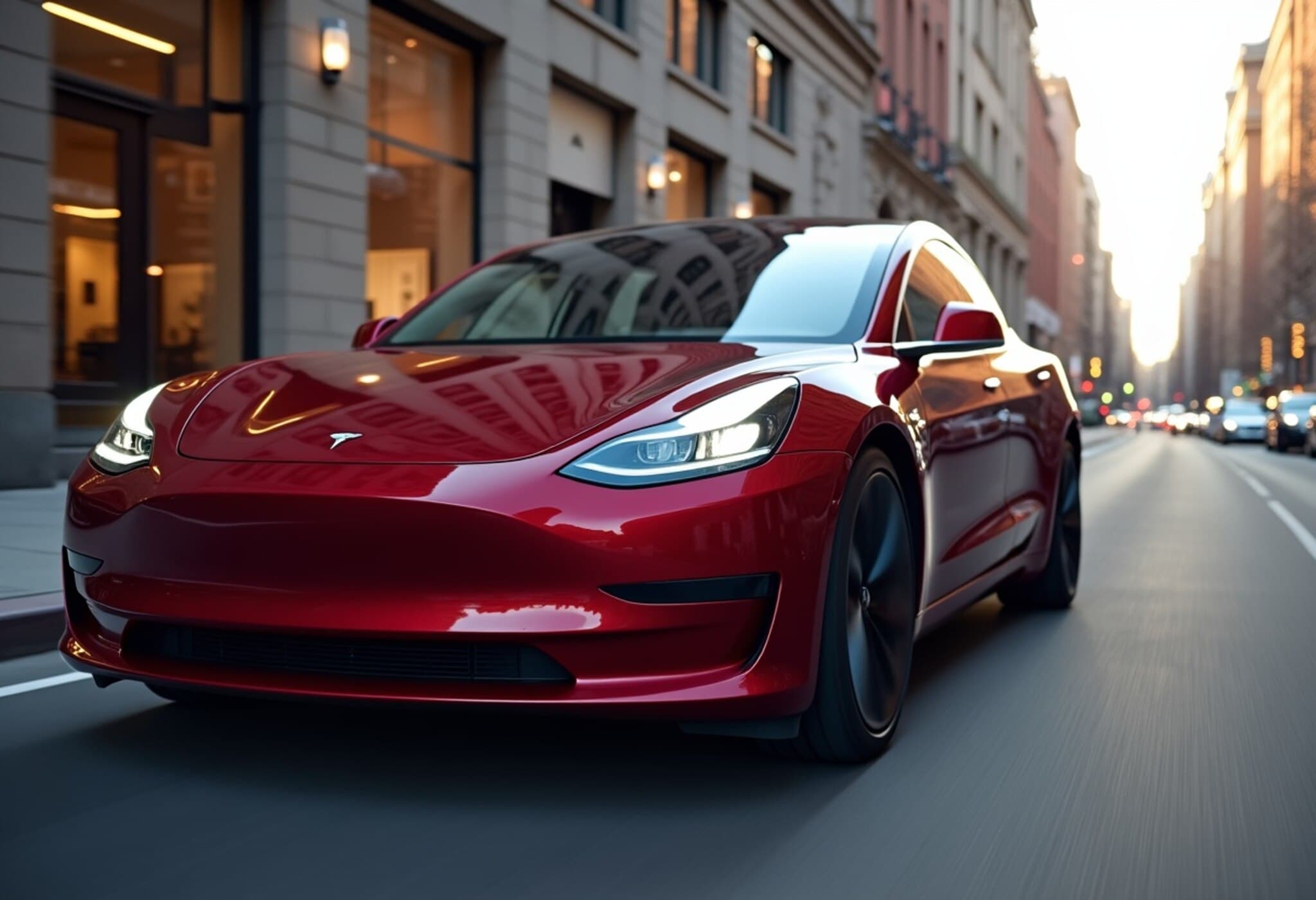Tesla’s Official Entry into the Indian Market
In a landmark move signaling its deeper commitment to the world's fastest-growing automotive market, Tesla is officially launching its first showroom in India. The unveiling is set for July 15, 2025, at the Maker Maxity Mall within Mumbai’s prestigious Bandra Kurla Complex (BKC).
What the Tesla Experience Center Means for India
Dubbed the Tesla Experience Center, this state-of-the-art showroom will allow Indian consumers firsthand interaction with Tesla’s electric vehicle (EV) lineup — a critical step toward familiarizing a largely new audience with EV technology. The event is planned as a focused, hour-and-a-half launch that underscores Tesla's intent not just to sell cars but to cultivate local market awareness and enthusiasm.
Background: Tesla’s Long-Held Interest in India
Despite Tesla’s global dominance in electric vehicles, its entry into India has been cautious and strategic. The automaker has been monitoring the market dynamics for years, balancing India’s promising growth potential against regulatory and economic hurdles. In April 2025, Tesla CEO Elon Musk met with Indian Prime Minister Narendra Modi in Washington D.C., where conversations centered on technology collaboration and innovation partnerships, highlighting India’s ambition to become a hub for EV manufacturing and sustainable tech.
Challenges Ahead: Import Duties and Manufacturing Reluctance
One of the biggest obstacles Tesla faces in India is the country’s 70% import tax on electric vehicles, which significantly inflates the retail price. India’s government, aiming to attract foreign manufacturers, offers a reduced tariff of 15% — but only if a company invests at least $500 million in local manufacturing facilities.
However, recent statements from India’s Minister of Heavy Industries, HD Kumaraswamy, suggest Tesla has shown little interest in setting up production locally. This could limit Tesla initially to importing vehicles manufactured primarily in China and Germany, possibly affecting pricing competitiveness against domestic players.
Competitive Landscape: Standing Against BYD and Tata Motors
Tesla won’t be entering a vacuum. Established EV producers such as China’s BYD and India’s Tata Motors are already entrenched in the market, benefitting from local manufacturing advantages and favorable government incentives. Despite this, Tesla’s brand cachet and cutting-edge technology, particularly its Autopilot system, offer a significant appeal to India’s emerging affluent consumers and tech enthusiasts.
Local Hiring and Expansion Plans
Tesla is actively recruiting across Mumbai and New Delhi, according to multiple job listings posted on LinkedIn. Roles range from showroom advisors and security personnel to vehicle data operators supporting the Autopilot system and service technicians. While a showroom in New Delhi isn’t confirmed, recruitment hints at further expansion beyond Mumbai, possibly targeting India’s political and technological capital.
Expert Analysis and Future Outlook
Tesla’s entry comes at a pivotal moment for India’s EV landscape. While the market is still nascent, India’s government has made clear its ambition to increase EV adoption to reduce urban pollution and dependence on fossil fuels. However, for Tesla’s success, overcoming the steep import duties is paramount, or else the higher costs may limit uptake among India’s price-sensitive buyers.
Policy flexibility and incentives for local manufacturing could be crucial. Tesla’s hesitation to build factories locally contrasts with competitors’ strategies, potentially ceding market share in the long term. Yet, Tesla’s luxury positioning and strong brand recognition might carve out a niche among India’s metropolitan elite.
Furthermore, Tesla’s focus on data-driven Autopilot development through local vehicle data operators may position it for future software and technology leadership within India.
Looking Ahead: What This Means for Indian Consumers and Industry
- Consumer access: The showroom provides a vital touchpoint, bridging technological curiosity with real-world experience.
- Market competition: Tesla’s arrival intensifies competition, potentially accelerating innovation and price adjustments.
- Policy implications: The move tests India’s tariff structures and industrial policy flexibility.
- Environmental impact: Increased EV adoption supports India’s climate goals, though broader infrastructure development remains essential.
Editor’s Note
Tesla’s official launch in India marks a significant chapter for both the company and the country’s EV ecosystem. While the initial phase centers on brand-building and sales through imports, the true story lies ahead — whether India can unlock an environment favorable enough to spur local manufacturing and mass EV adoption. As Tesla navigates tariffs, competition, and infrastructure challenges, the unfolding dynamics will offer valuable lessons on global market entry strategies and the future of sustainable mobility in emerging economies.

